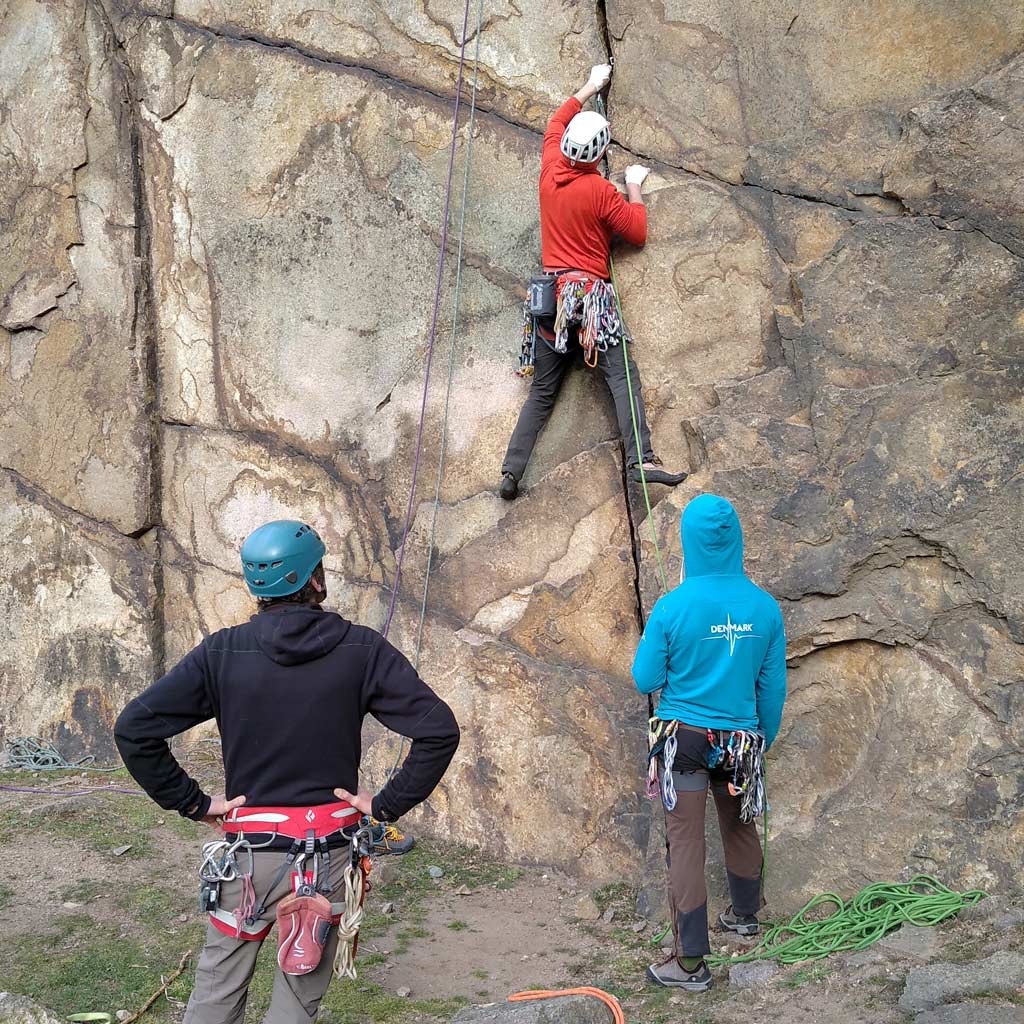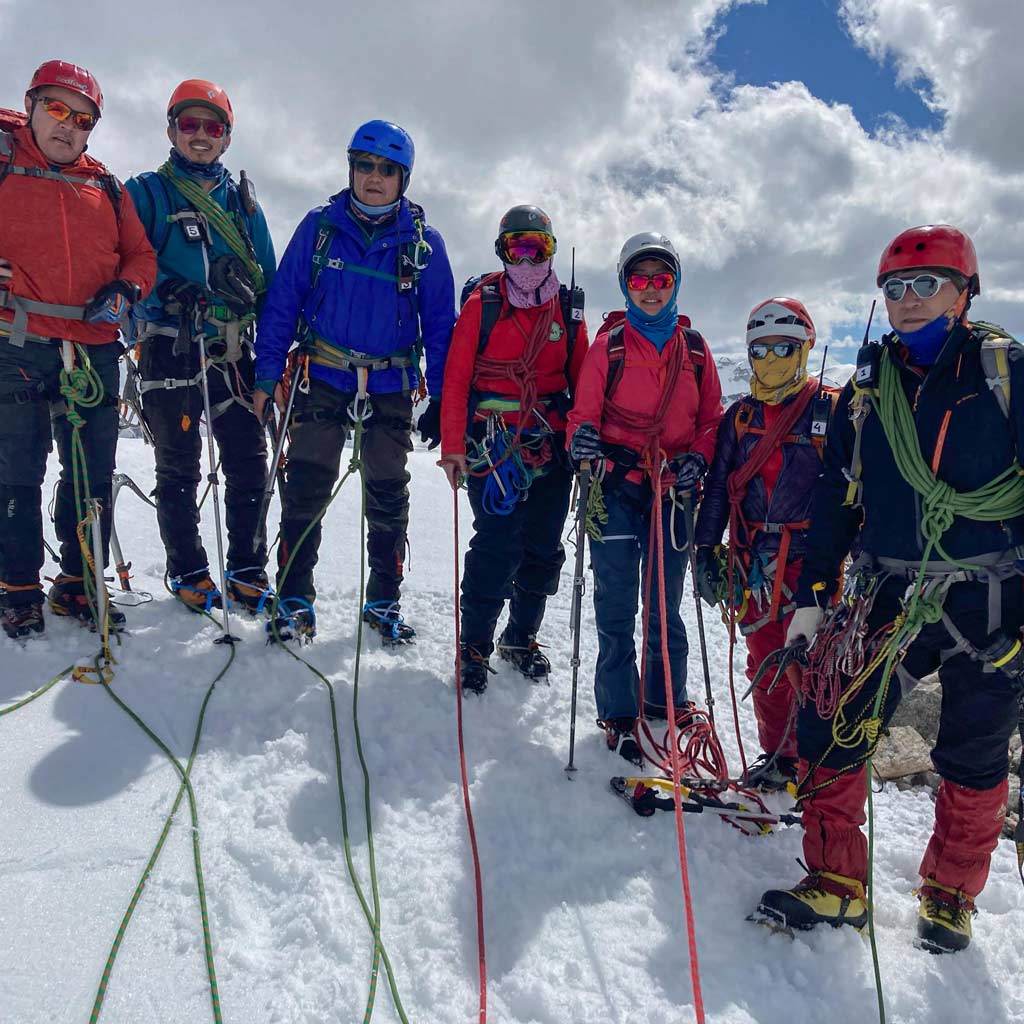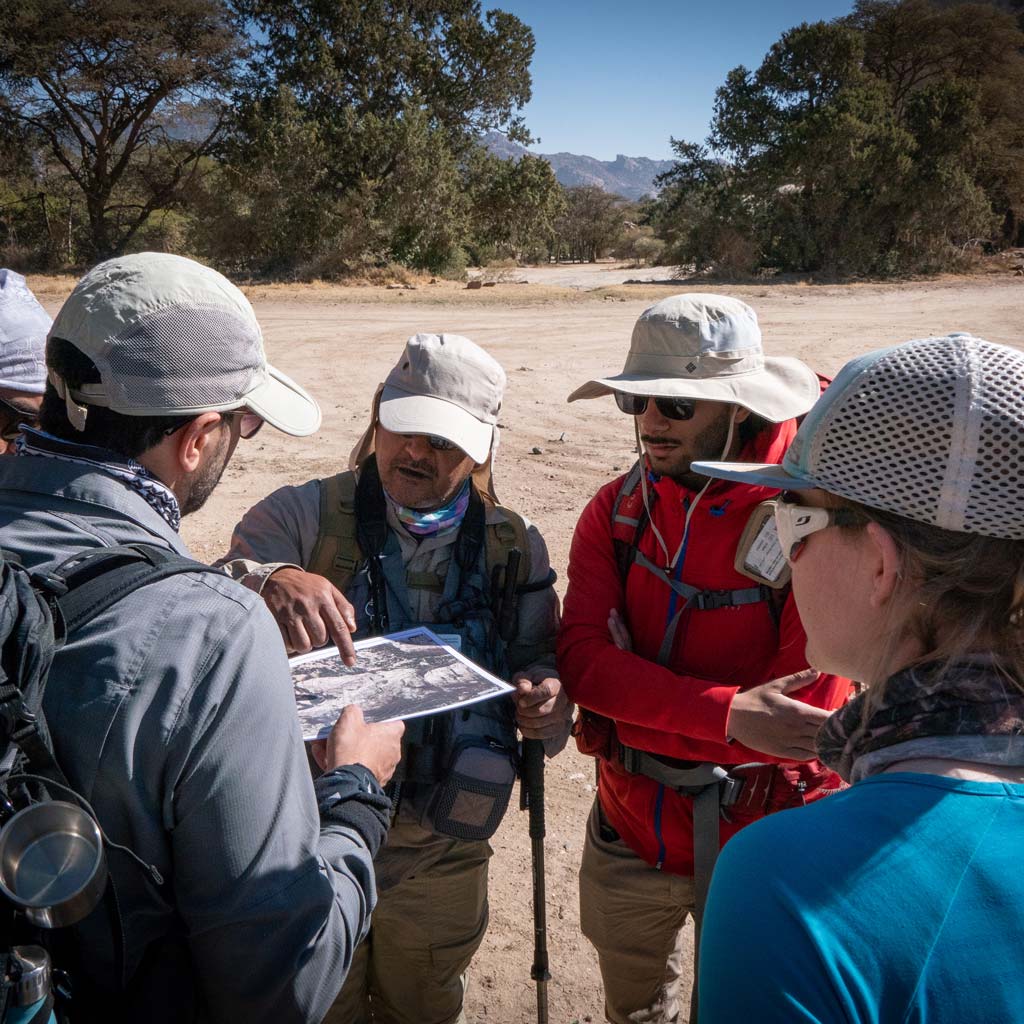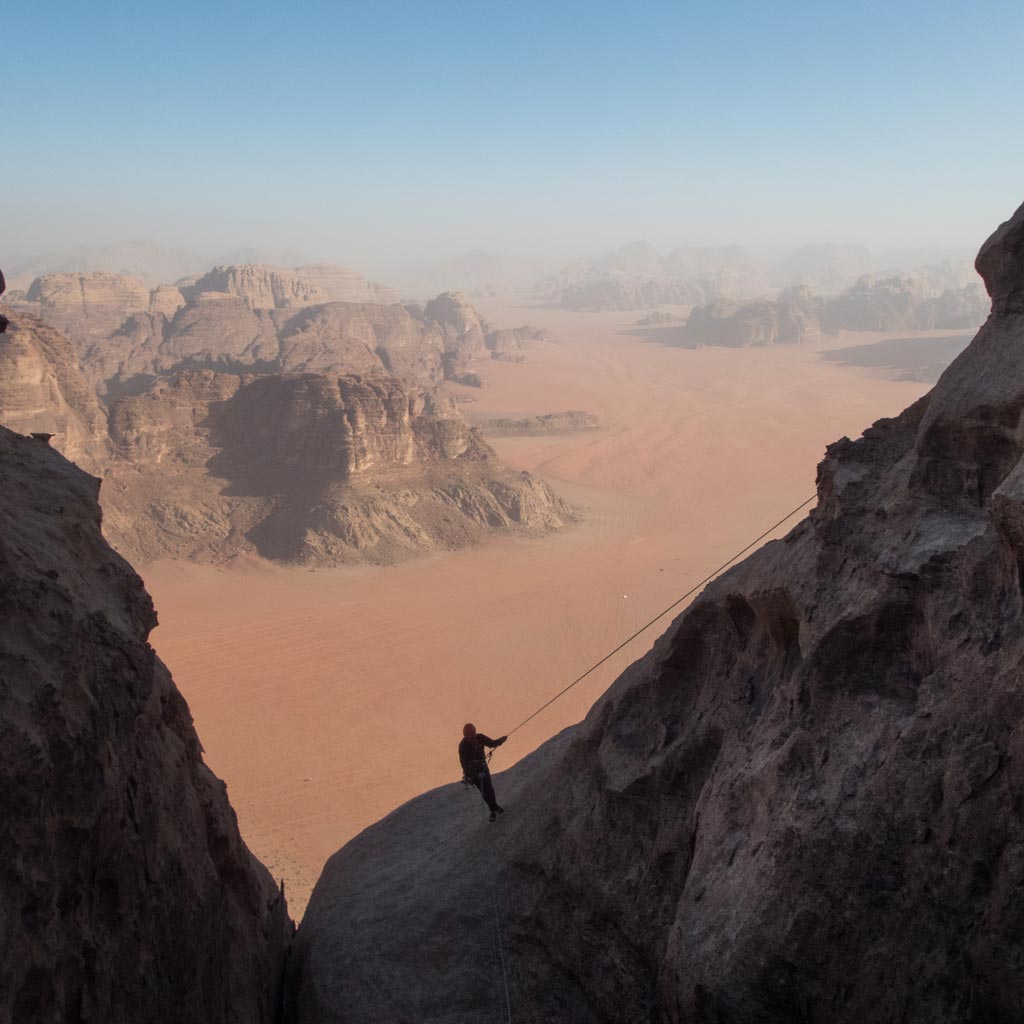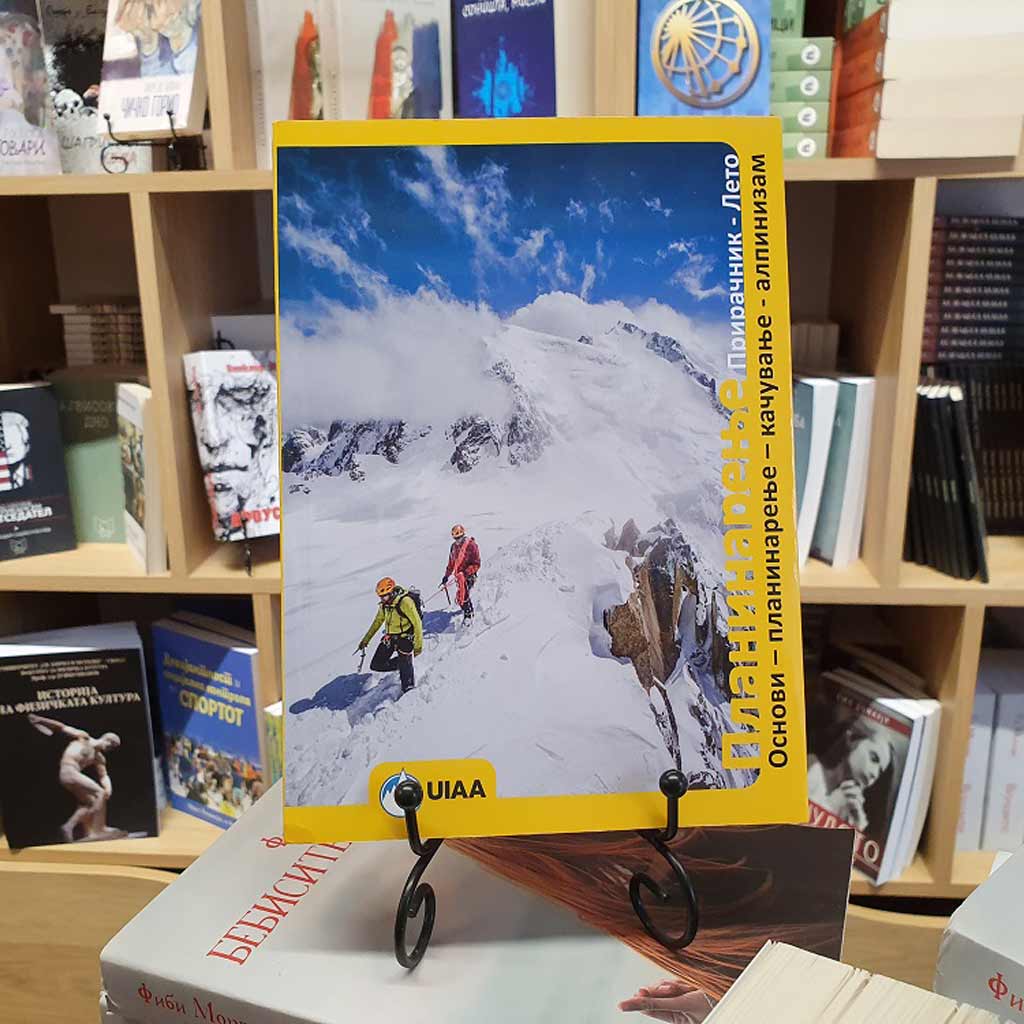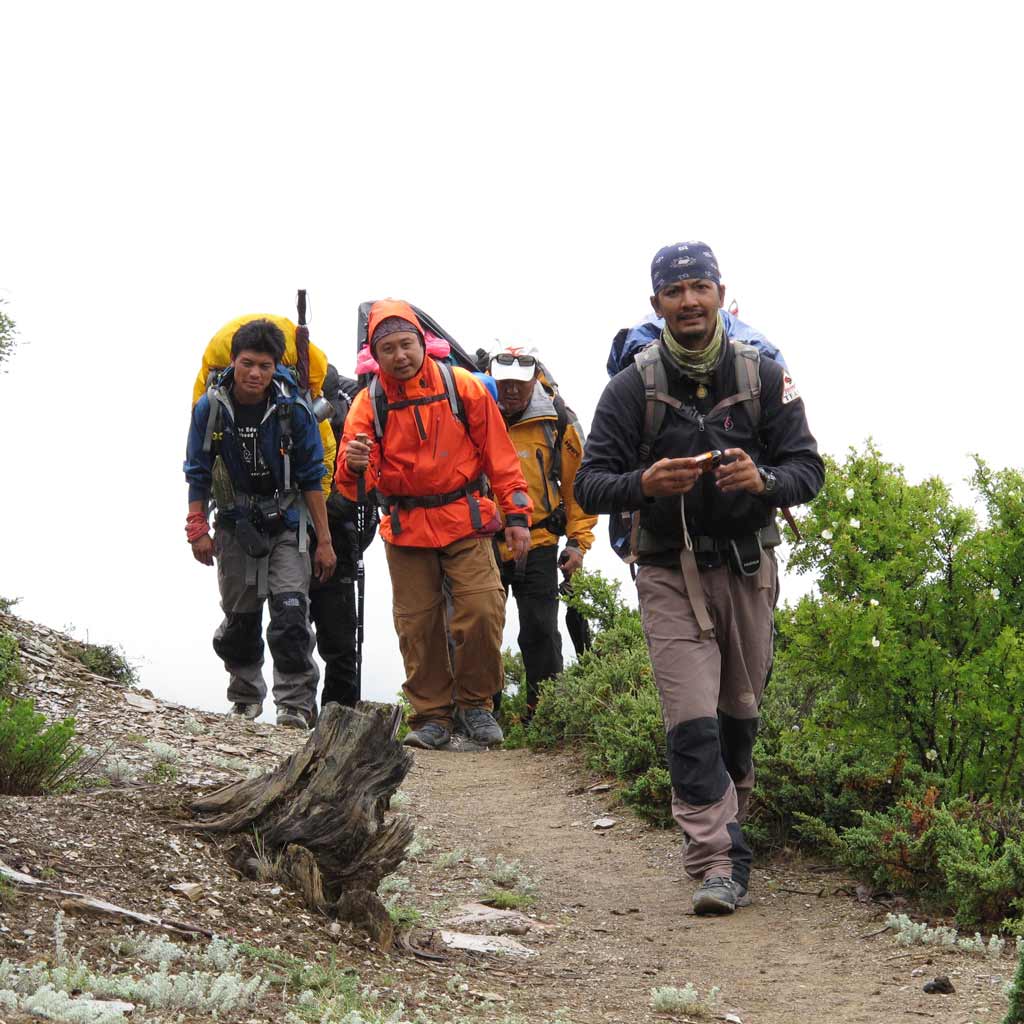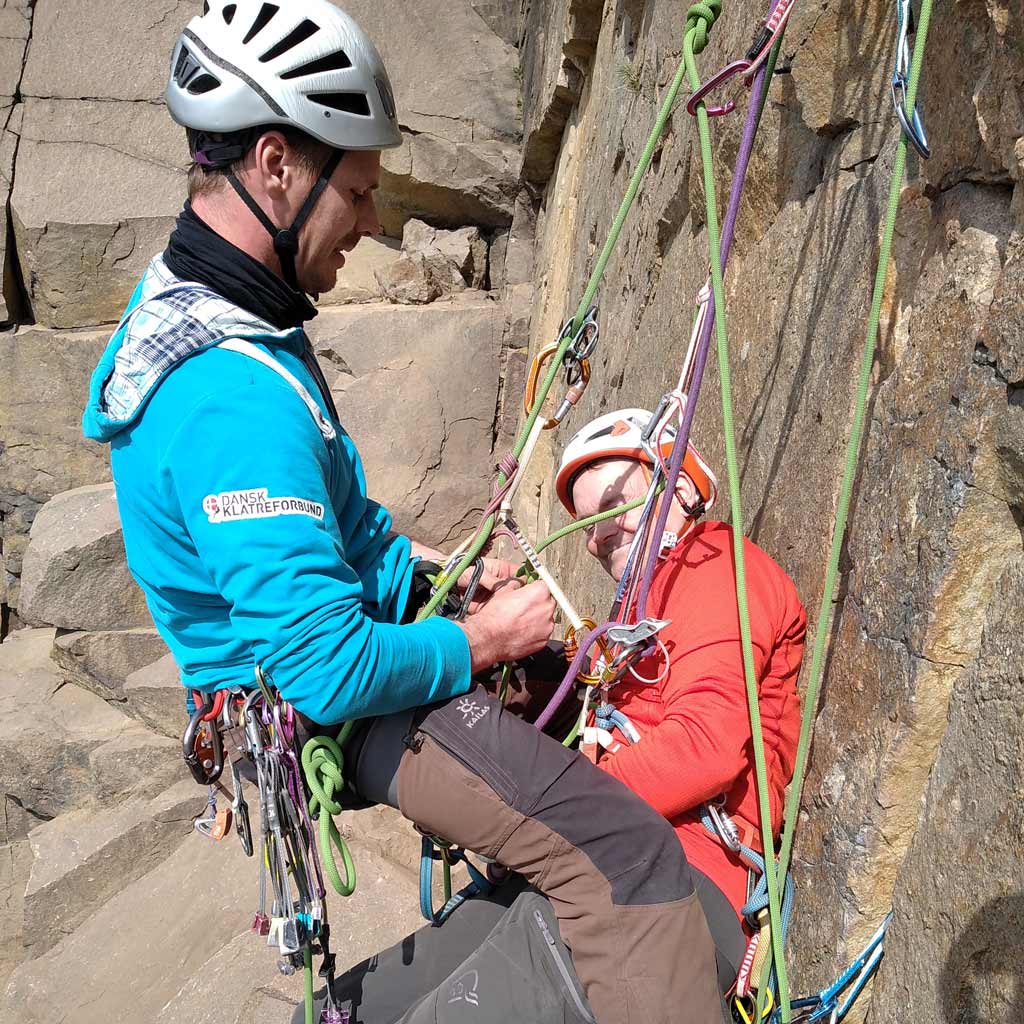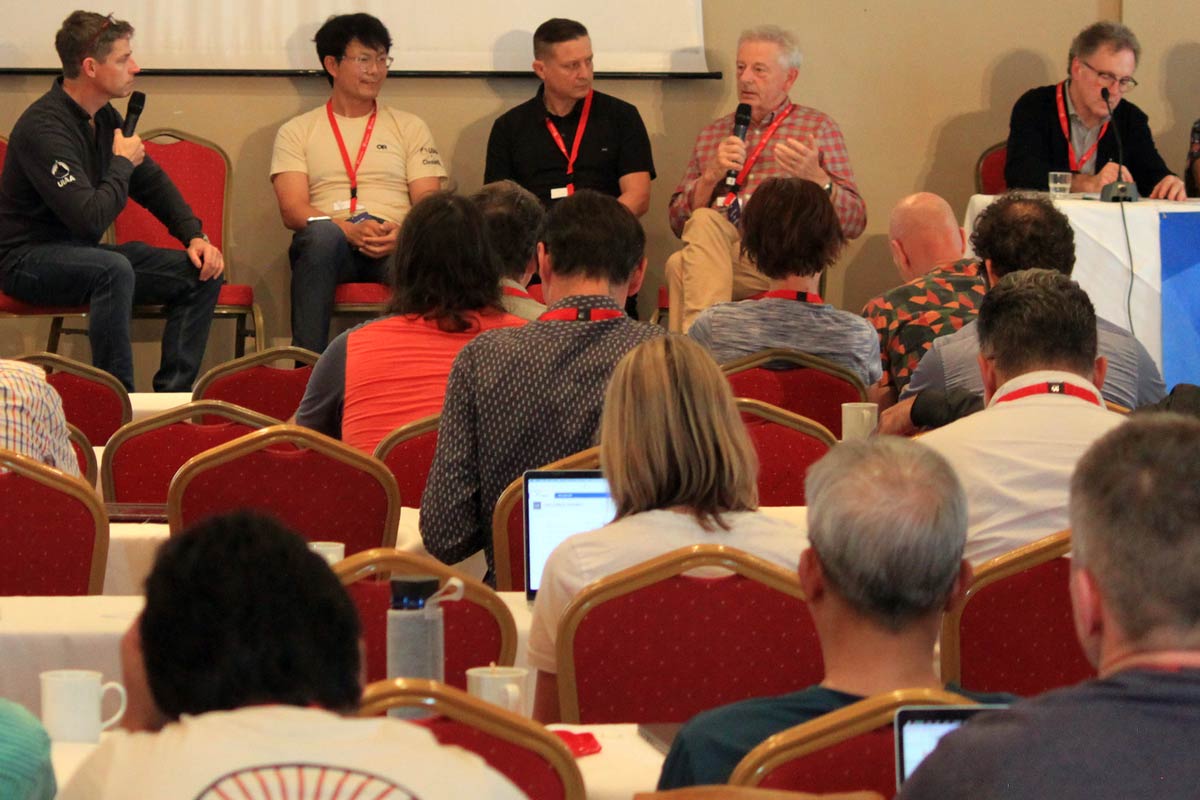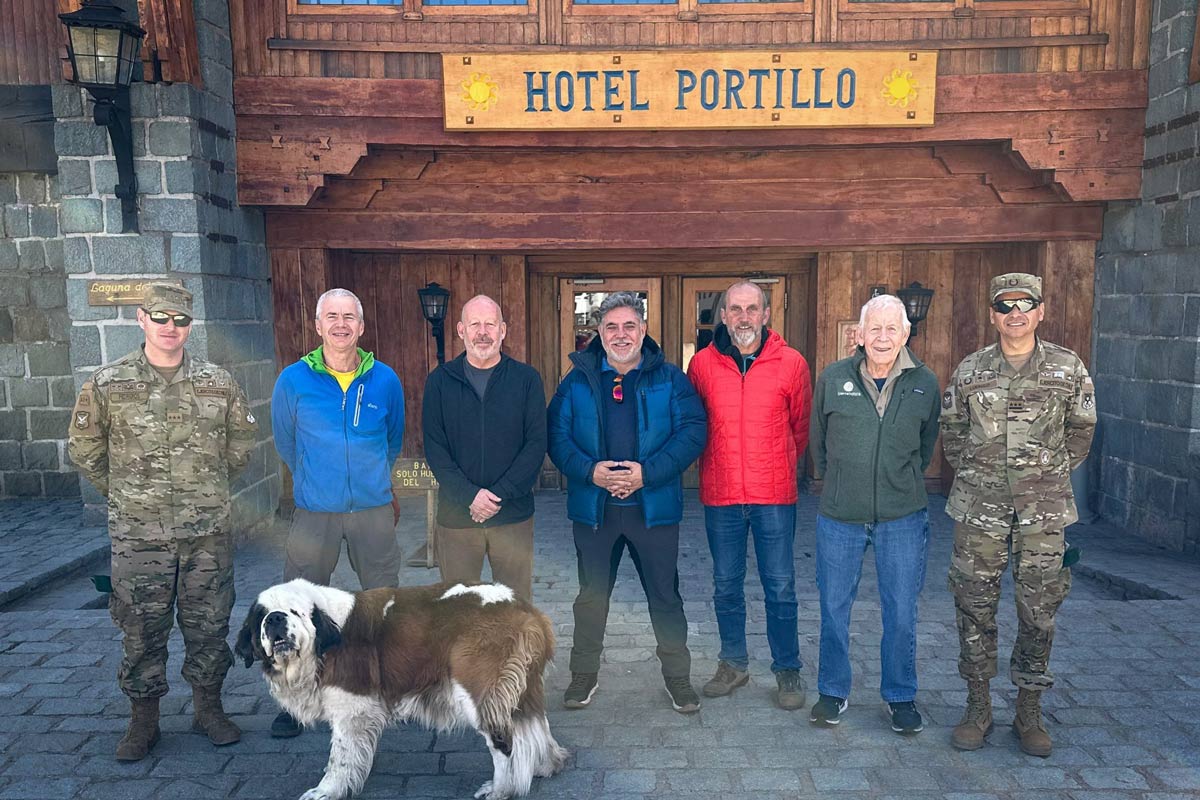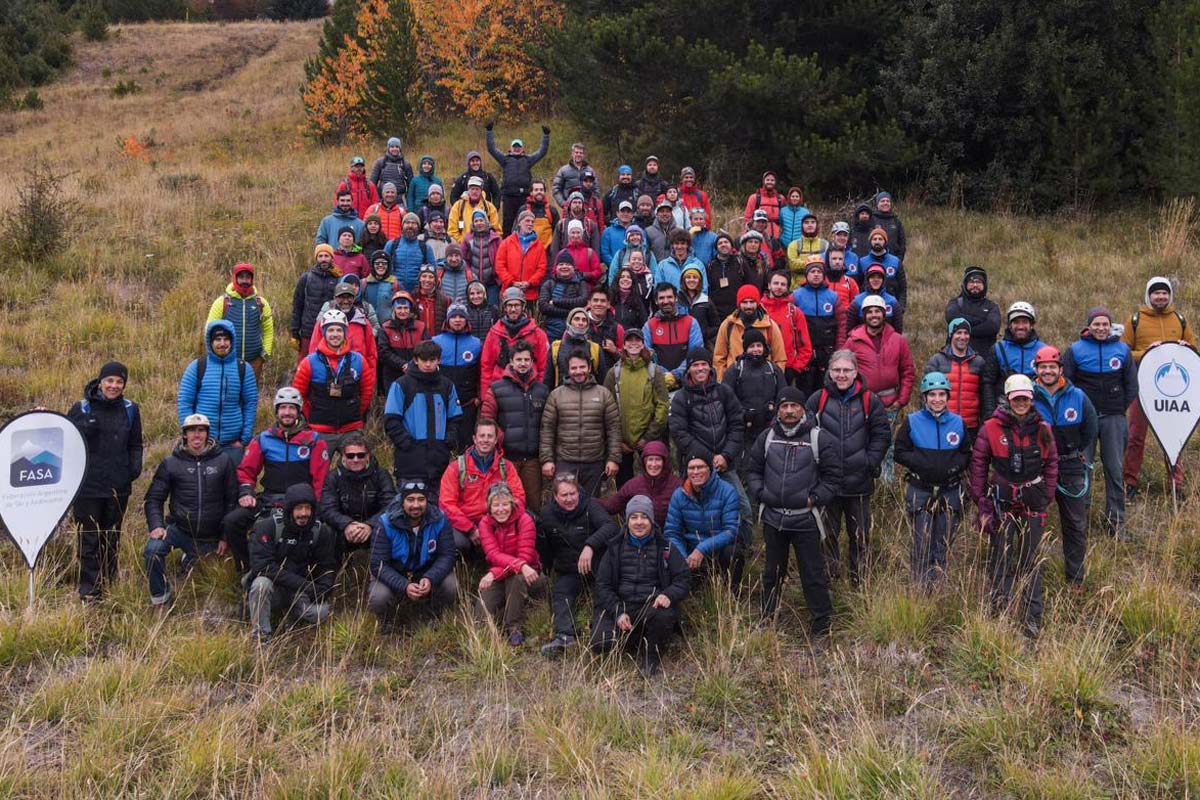The UIAA started accrediting training schemes in 1990 and now has standards for eight (8) categories of training scheme for leaders and instructors: summer hillwalking, winter hillwalking, sport climbing (fixed gear), “trad” climbing (leader-placed gear), ice climbing, canyoning, mountaineering and ski-mountaineering. Sub-categories are specified within these activities. The UIAA label on a mountaineering organisation’s qualification for leaders and/or instructors attests it to be robust and fit for purpose.
The UIAA Mountain Qualifications Label can be awarded for mountaineering and climbing qualifications that meets the requirements of the relevant UIAA training standard.
The UIAA Mountain Qualifications Label logo trademark is registered internationally and may only be used for training schemes and qualifications that have been certified by the UIAA and registered as such.
UIAA recognises the need to cooperate and collaborate with all parties concerned to standardise the use of Mountain Qualifications Labels. This collaboration promotes safety awareness, good practice and the evolution of quality training for mountaineering and climbing. Partnership is offered to all stakeholders that pursue and support training for leaders and instructors in mountaineering activities.
An agreement is offered to all the partners who desire to be accredited by the UIAA as a Mountain Qualifications Label Holder. This model of cooperation includes sharing information, transfer of knowledge and overall cooperation in standardization activities.
Organisations with a proven interest in Training Standards for mountaineering and climbing equipment that are not Mountain Qualifications Label holders can participate in the UIAATraining Commission by appointing a representative with suitable qualifications and experience in training for mountain activities
In 2022 the UIAA introduced Personal Skills certification. Member organisations with an accredited qualification for instructors are also eligible to appoint qualified instructors to deliver UIAA certified personal skills training, using the sample outline syllabus and quality guidance materials for the relevant category of activity.
“The UIAA MQLs are a way to improve different levels of mountain training courses, and promote Hong Kong’s mountaineering industry towards a professional and international level.”
China, Hong Kong Mountaineering and Climbing Union (CHKMCU)
“UIAA training qualifications gave us the framework in which we included not only our experiences and country specific details, but also experiences from Slovenia and Croatia.”
Mountaineering Federation of North Macedonia (FPSM)
“Hong Kong has a well-established and systematic mountain craft training programme. With the accreditation of UIAA MQL, our programme become more completed.”
China, Hong Kong Mountaineering and Climbing Union (CHKMCU)
“The secret to our success lies in the comprehensive framework provided by the UIAA Training Commission, which allowed us to benefit directly from the extensive experience of the Alpine Federation of Slovenia. The UIAA has been brilliant at facilitating this international collaboration.”
Mountaineering Federation of North Macedonia (FPSM)
Why apply
for UIAA accreditations?
Are you looking to promote your organisation’s mountain guiding and instruction services? Look no further than the UIAA Training Commission’s Mountain Qualification Labels. The UIAA’s certification programme accredits the qualifications managed by UIAA member organisations for mountaineering and climbing instructors, leaders, and trainers, ensuring that they have the proficiency, experience, and knowledge necessary to lead clients safely and effectively in the mountains.
In addition to a rigorous accreditation process, the UIAA Training Commission offers optional training courses and workshops to member organisations looking to improve the technical skills, teaching abilities, and safety awareness of their instructors and leaders. From the latest knowledge and techniques related to mountaineering and climbing to leadership and communication skills, the courses provide instructors and leaders with the tools they need to succeed.
The UIAA’s Mountain Qualification Labels cover a range of mountaineering activities, including hiking, climbing, mountaineering, ski mountaineering, and canyoning, with clearly defined sub-categories. If a UIAA member organisation offers qualifications that cover multiple sub-categories, the Training Commission recognises and endorses this by awarding multiple Mountain Qualification Labels to the federation’s qualification.
But that’s not all – the UIAA also offers a service to federations that helps them empower their instructors with UIAA Skills Certificate Graduation courses. These online courses are available to trainees who have successfully completed a practical training course in an accredited mountain activity. Upon completion, trainees receive a UIAA-branded certificate that they can showcase on social media or use to promote their skills to potential clients.
So why wait? Join the ranks of UIAA certified member organisations and showcase your commitment to safe and sustainable mountaineering and climbing practices with the UIAA Training Commission’s Mountain Qualification Labels. Contact us to learn more about the accreditation process and training courses
Training Resources
Discover more about the UIAA’s training qualifications.


